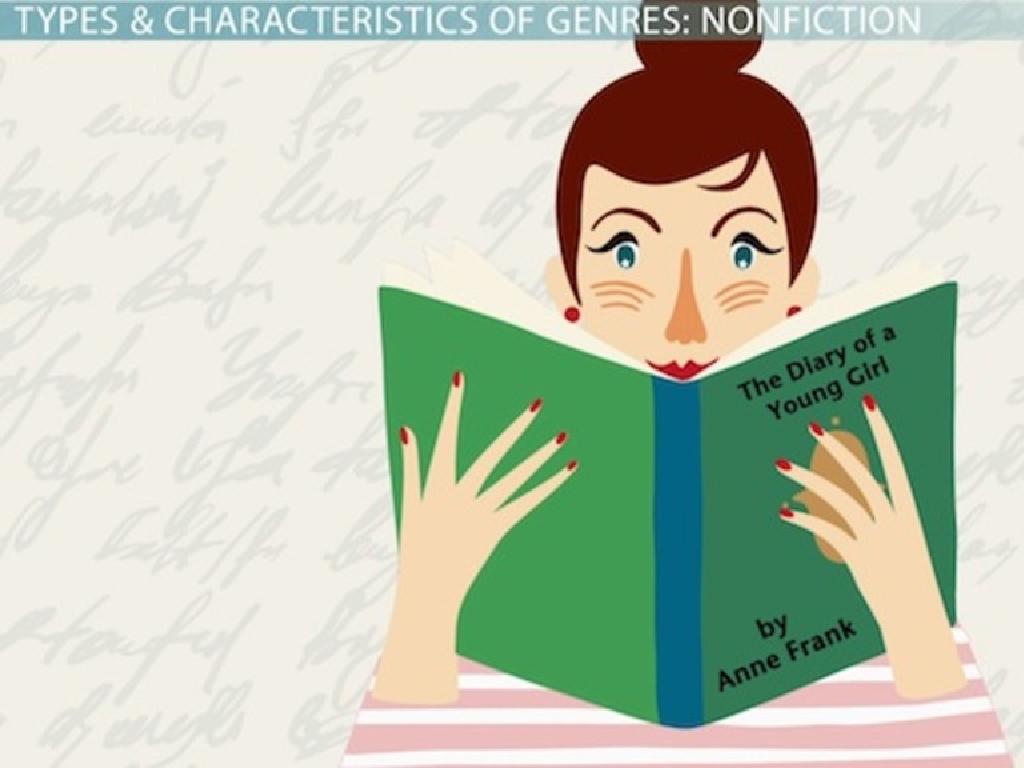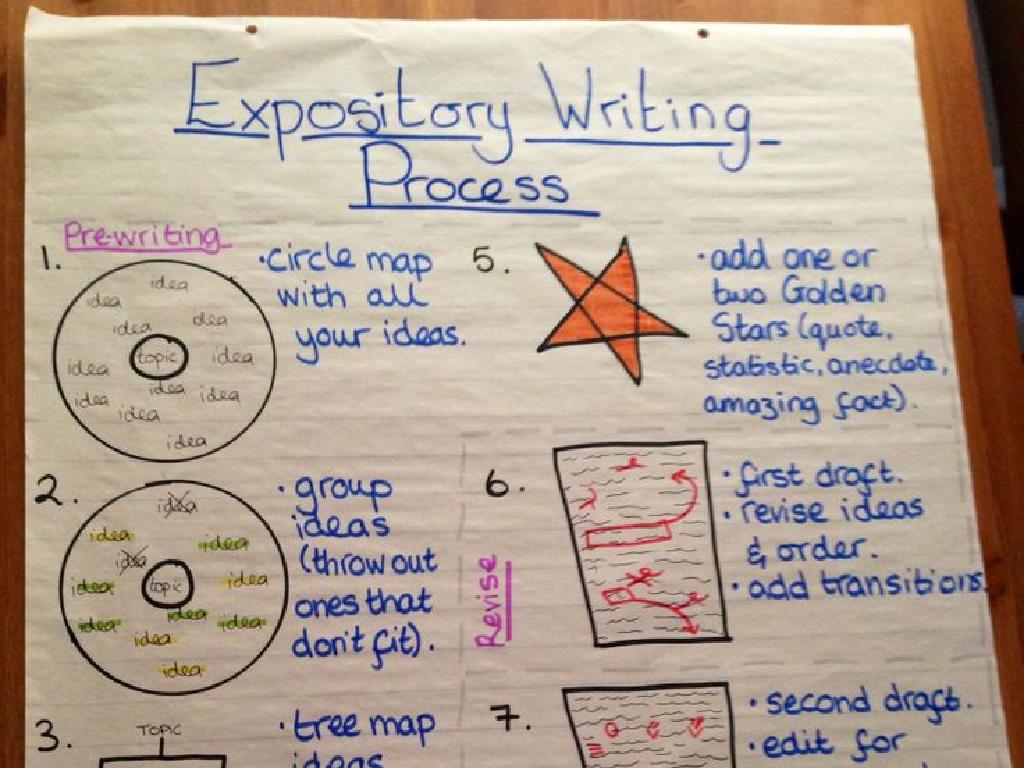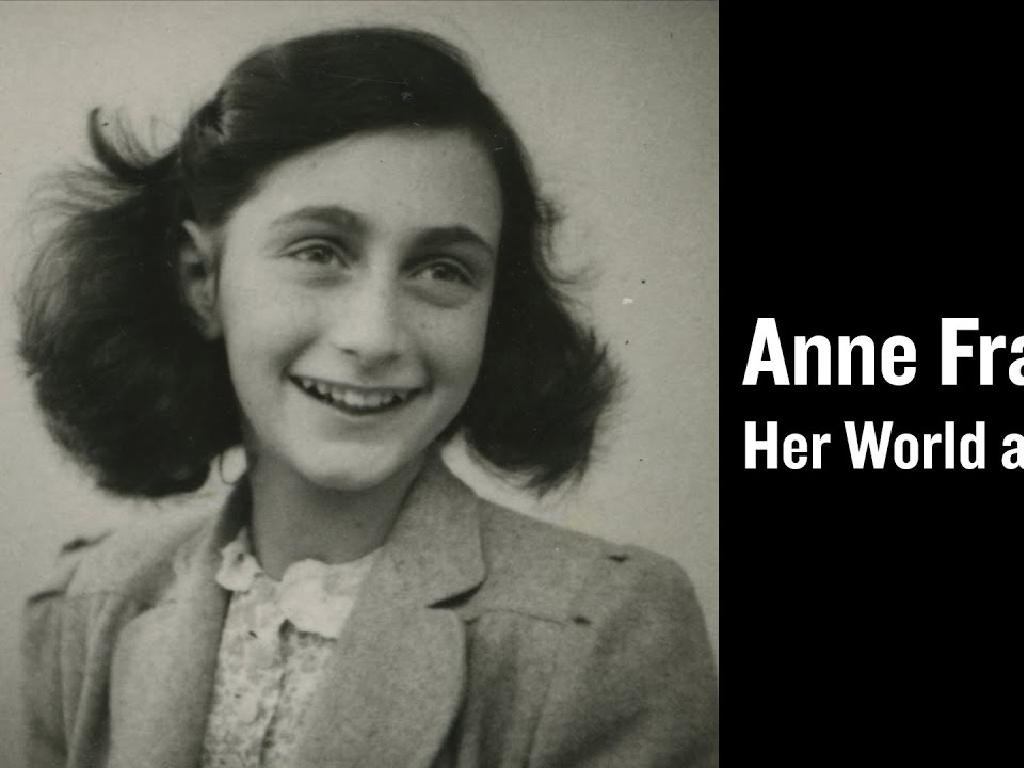The Enlightenment: Origins And Natural Rights
Subject: Social studies
Grade: Sixth grade
Topic: Early Modern Europe
Please LOG IN to download the presentation. Access is available to registered users only.
View More Content
Exploring the Enlightenment
– Early Modern Europe backdrop
– A period of profound change in Europe, setting the stage for the Enlightenment.
– Defining the Enlightenment
– A movement stressing reason and individualism over tradition.
– Concept of ‘Natural Rights’
– Rights that belong to all humans from birth, such as life, liberty, and property.
– Enlightenment’s impact on society
|
This slide introduces students to the Enlightenment within the context of Early Modern Europe. It’s important to convey the shift from medieval to modern thinking, emphasizing the role of reason and science over tradition. The Enlightenment was a time when thinkers started to question the established order and propose new ideas about governance, society, and the rights of individuals. ‘Natural Rights’ is a key term, introduced by philosophers like John Locke, referring to the rights inherent to all humans, not granted by any authority. The impact of the Enlightenment is still felt today in our government and society. Encourage students to think about how these ideas might apply to their own lives and the world around them.
Origins of the Enlightenment
– Enlightenment’s European roots
– Key factors sparking Enlightenment
– Thinkers sought reason over tradition, inspired by Renaissance & Scientific Revolution.
– Cities that shaped the era
– Cultural hubs where ideas flourished & spread.
– Paris & London’s influential role
– Paris was the heart of intellectual thought; London was a center for political and economic ideas.
|
The Enlightenment was a remarkable period that began in Europe, where cultural and intellectual forces in Western Europe emphasized reason, analysis, and individualism rather than traditional lines of authority. It was sparked by key historical movements, including the Renaissance and the Scientific Revolution, which encouraged questioning and exploring new ideas. Cities like Paris and London became centers of Enlightenment thought, hosting salons and coffeehouses where philosophers and intellectuals would meet to discuss their ideas. This slide will introduce students to the geographical and cultural origins of the Enlightenment, setting the stage for understanding its impact on society and the development of natural rights.
Enlightenment Thinkers and Their Ideas
– Who were Enlightenment philosophers?
– Voltaire’s advocacy for freedom
– Voltaire fought for speech and religion freedom.
– Rousseau’s social contract theory
– Rousseau believed in a society agreed upon by its members.
– Montesquieu’s separation of powers
– Montesquieu proposed dividing government into branches.
|
This slide introduces students to the key philosophers of the Enlightenment and their revolutionary ideas. The Enlightenment was a period where thinkers like Voltaire, Rousseau, and Montesquieu questioned traditional authority and proposed new ways of thinking about government and society. Voltaire was a staunch defender of civil liberties, including the freedom of speech and religion. Rousseau introduced the idea of the social contract, a concept that all members of society are collectively the sovereign. Montesquieu suggested the separation of government powers into different branches to prevent any one group from gaining too much control. These ideas were radical at the time and laid the groundwork for modern democratic systems. Encourage students to think about how these ideas appear in today’s government and society.
The Enlightenment: Natural Rights
– Understanding Natural Rights
– Rights inherent to all humans, not dependent on laws
– Locke’s Life, Liberty, & Property
– John Locke’s philosophy that people are entitled to these basic rights
– Natural Rights to Democracy
– These ideas laid the groundwork for democratic principles
– Influence on Modern Governments
– Locke’s thoughts inspired many democratic constitutions
|
This slide introduces the concept of Natural Rights during the Enlightenment, focusing on John Locke’s influential ideas. Natural Rights are fundamental rights that every individual has simply by being human, and they are not granted by any government. Locke’s assertion that Life, Liberty, and Property are natural rights helped to shape the development of modern democracy by emphasizing that governments should protect these rights. Discuss how these Enlightenment ideas contributed to the formation of democratic governments and influenced the creation of many modern constitutions, including the United States. Encourage students to think about how these rights apply in their lives and in current events.
Impact of the Enlightenment
– Sparked the American Revolution
– Ideas of liberty and justice influenced American colonists
– Fueled the French Revolution
– Enlightenment thoughts on equality stirred the French
– Shaped Western civilization
– Democratic principles and human rights became cornerstones
|
The Enlightenment was a pivotal movement in shaping modern Western civilization, particularly through its influence on revolutionary political thought. It provided the ideological foundation for the American Revolution, emphasizing the rights to liberty and justice. Similarly, it played a significant role in the French Revolution, with its ideas on equality and fraternity. Over the long term, Enlightenment principles have been integral in the development of democratic governance and the concept of human rights, which are now fundamental aspects of Western societies. This slide aims to help students understand the profound and lasting effects of Enlightenment ideas on the world they live in today.
Enlightenment’s Legacy in Today’s World
– Enlightenment’s lasting impact
– The Enlightenment shaped democracy, science, and human rights.
– Natural Rights in today’s society
– Freedom of speech, religion, and equality are examples of Natural Rights.
– Enlightenment ideas in modern times
– Ideas like government separation of powers are from Enlightenment thinkers.
– Discuss Enlightenment’s influence
|
This slide aims to connect the historical Enlightenment period with the present day, showing its enduring influence on modern society. The Enlightenment was a pivotal movement that championed reason, individualism, and skepticism of traditional authority, which has profoundly shaped contemporary democratic ideals, scientific thought, and the concept of human rights. Students should recognize Natural Rights such as freedom of speech and religion as legacies of Enlightenment thinking. Encourage a discussion on how these ideas manifest today, for example, in government structures, legal systems, and ethical frameworks. This will help students appreciate the historical significance of the Enlightenment and its relevance to their lives.
Class Activity: Enlightenment Thinkers’ Fair
– Become an Enlightenment thinker
– Prepare a philosopher’s ideas presentation
– Summarize key concepts of thinkers like Locke or Voltaire
– Relate ideas to today’s world
– How do freedom of speech and democracy connect to us now?
– Engage in peer discussions
– Share thoughts with classmates and learn from each other
|
In this interactive class activity, students will step into the shoes of famous Enlightenment thinkers. Each student will research and embody a philosopher, such as John Locke or Voltaire, and prepare a brief presentation on their assigned thinker’s key ideas. They should focus on making connections between these historical concepts and current day scenarios, particularly how these ideas have shaped modern society and the rights we enjoy today. Encourage students to think critically about the relevance of Enlightenment ideas in the context of current events and personal experiences. After presentations, students will engage in discussions with their peers to explore different viewpoints and deepen their understanding of the Enlightenment’s impact on the world.






